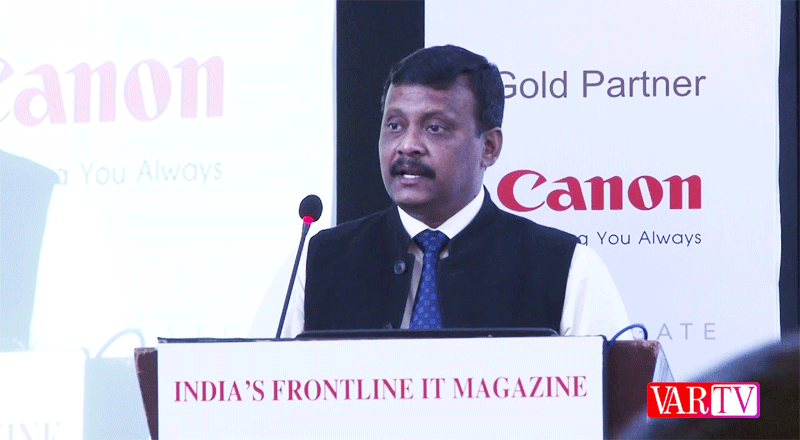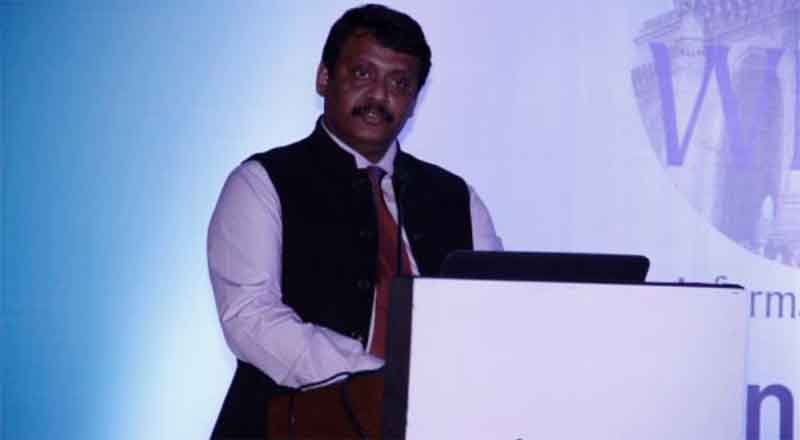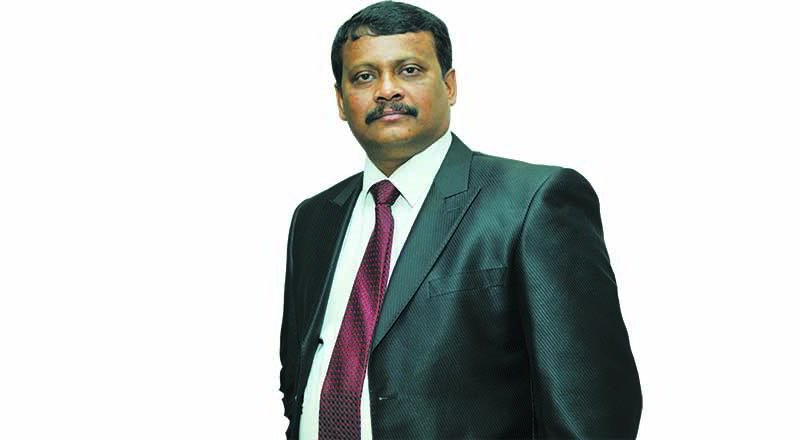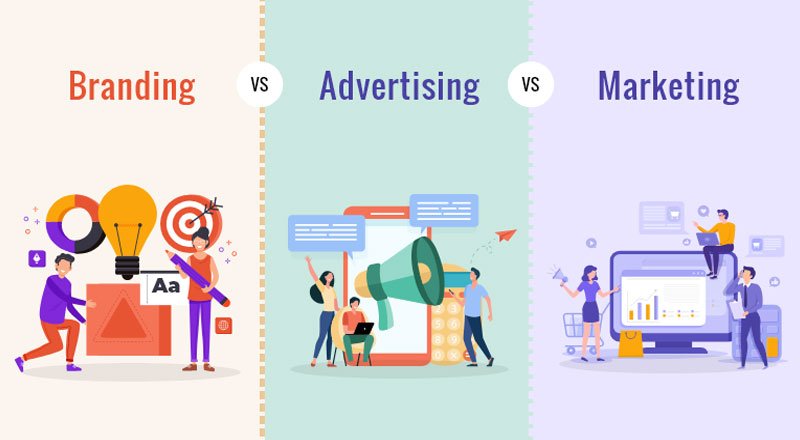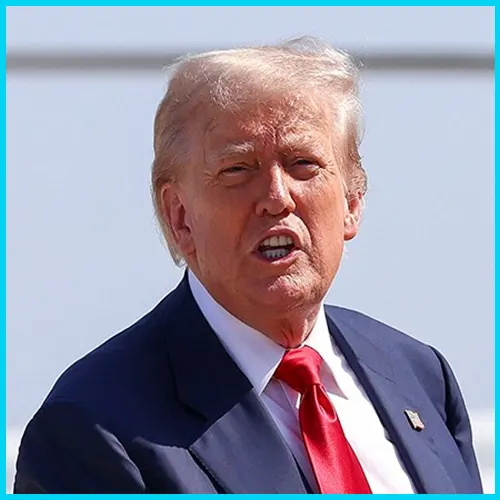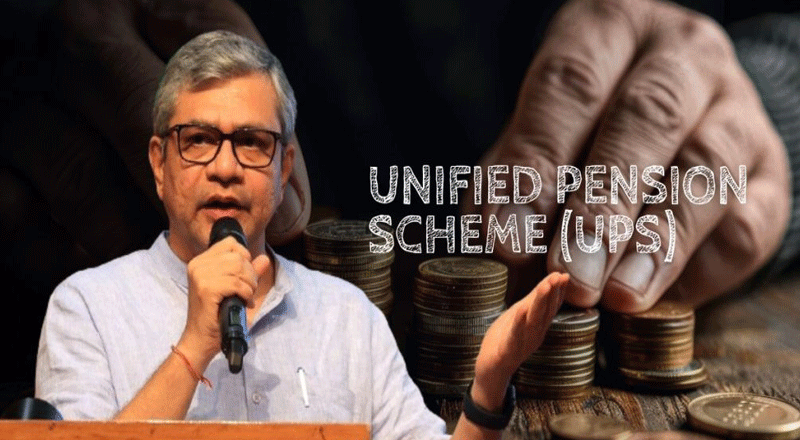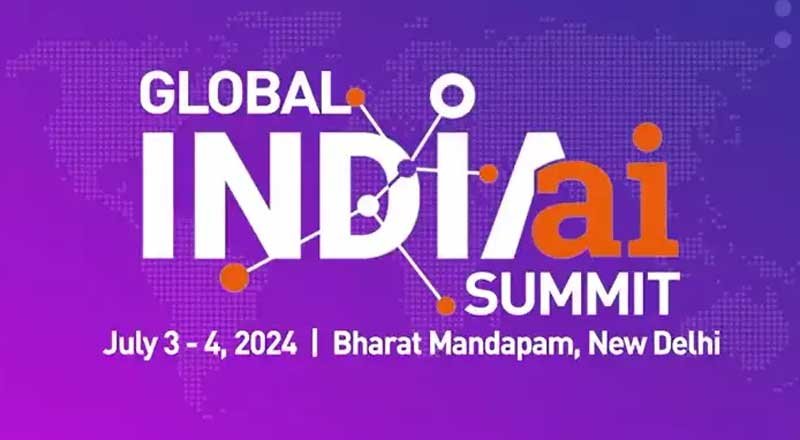
Bridging the Digital Divide May Cost $2.8T by 2030
Achieving universal and meaningful Internet connectivity by 2030 will require between USD 2.6 trillion and USD 2.8 trillion, according to the Connecting Humanity Action Blueprint released by the International Telecommunication Union (ITU) and Saudi Arabia’s Communications, Space & Technology Commission (CST).
The report highlights that around 2.6 billion people remain offline, with access deeply tied to socio-economic development. While Internet use stands at 93% in high-income nations, it falls to just 27% in low-income countries.
The largest cost driver is digital infrastructure, estimated at USD 1.5–1.7 trillion, covering fiber expansion in urban areas, 4G wireless in rural zones, and satellites for remote communities. Affordability measures for devices and services account for USD 983 billion, while digital skills programs will need USD 152 billion to ensure effective use. Policy modernization adds another USD 600 million.
ITU Secretary-General Doreen Bogdan-Martin stressed that connectivity is essential for education, jobs, and access to services. CST’s Eng. Haytham AlOhali warned that costs are nearly five times higher than ITU’s 2020 estimates, urging urgent global collaboration.
The report calls for public-private partnerships, innovative business models, and targeted investments to accelerate digital inclusion, especially in least-developed countries.
